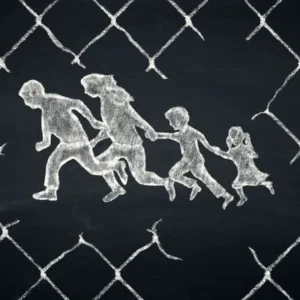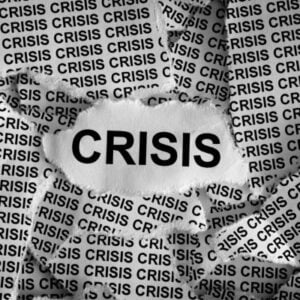On 4 June 2025, UNESCO launched new resources in its Open Science Toolkit aimed at strengthening cross-border crisis data management. Developed in collaboration with CODATA’s International Data Policy Committee, the resources—comprising a Factsheet, Guidance, and Checklist—are built on the principles of the 2021 UNESCO Recommendation on Open Science. They are intended to help governments, UN agencies, institutions, and other organizations design and manage data systems that enhance preparedness, response, and recovery during various crises, including natural and human-made emergencies.
Effective crisis data policies require a balance between openness and responsibility. Governance structures should clearly define accountable data stewards, decision-making rights, and escalation pathways. Legal safeguards must cover the collection, processing, sharing, and retention of data, with particular attention to cross-border transfers, confidentiality, and security. Ethical commitments are guided by widely recognized frameworks such as FAIR (Findable, Accessible, Interoperable, Reusable), CARE (Collective benefit, Authority to control, Responsibility, Ethics), and TRUST (Transparency, Responsibility, User focus, Sustainability, Technology), emphasizing transparency, proportionality, and duty of care, particularly for vulnerable populations.
The new resources are designed to ensure that data remains interoperable, ethical, and trustworthy during crises. The Factsheet provides concise guidance for leaders and decision-makers, aligning crisis data policies with frameworks such as the Sendai Framework for Disaster Risk Reduction and the updated UNDRR-ISC Hazard Information Profiles. The Guidance serves as a structured playbook detailing roles, responsibilities, legal safeguards, interoperability requirements, ethics, and pathways for system-wide adoption across borders. The Checklist is a practical tool for operational readiness, supporting drills, gap analyses, and quarterly monitoring, while mapping directly to Sendai priorities and HIP fields. Together, these tools facilitate leadership buy-in, cross-border policy design, and operational testing in real-world crisis scenarios.
Looking ahead, UNESCO plans to pilot these resources in 2026 to demonstrate their practical impact. Pilots will test the Toolkit across diverse regional and institutional contexts, adapt and translate resources for local relevance, and embed ethical open science practices in crisis systems. The initiative will also co-design a Crisis Data Governance Configurator for interactive use of the Checklist, deliver training programs to strengthen institutional capacity, and synthesize lessons learned to inform global policy dialogues.







